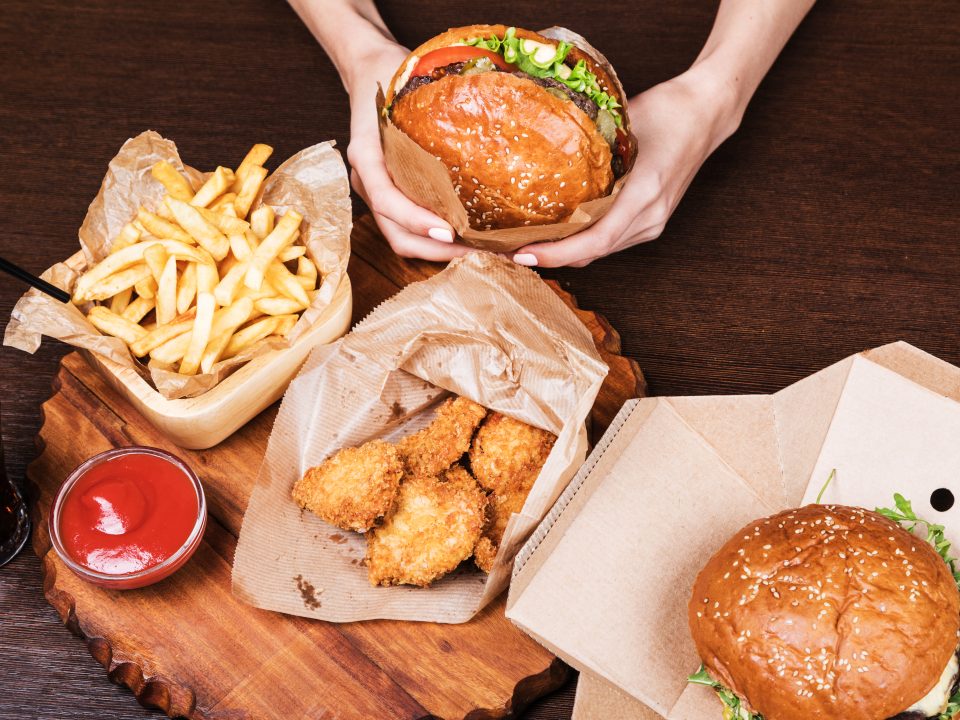Social pressure eating
December 21, 2015Not enough sleep = weight gain
January 4, 2016
The days leading up to the New Year come with that inevitable question- “So what are your New Years resolutions?” You might give the standard answers like losing weight, quitting smoking, getting fit, saving money etc. You may have even put a little more thought into things and have some more detailed goals, or decided you need a total life change. What do you think your chances are of actually achieving your resolutions in 2016? What if we told you the actual figure sits at around 8%. You could make your resolutions the same way you have every year (and just hope for the best) or you could read on to make a plan for change that will actually work once and for all.
1: Get specific.
The more detail the better. Saying “I’m going to lose weight” won’t get you far.
An example of a specific goal might be:
“I will have lost 10kg and dropped two dress sizes by the 1st of July, averaging 0.5-1kg loss a week, and will start this on the 1st of January.”
2: Track your progress
Keep a record of changes you have made so you can feel a sense of accomplishment for your progress so far, celebrate the small wins instead of focusing on how far you have to go, and have a timeline planned in advance so hitting your little goals on the way to the bigger goal is a no-brainer.
3: Say goodbye to cold turkey
People have a tendency to go to the extreme with resolutions, finding the absolute ideal and then trying to change their entire lives in one day, and then are surprised when they lose the motivation to continue this for longer than a few days (or hours). Motivation doesn’t last.
Studies on individuals who have made lasting changes in their lives have found that success comes from making small gradual changes, and giving themselves enough time for this to become a habit…so it becomes unconscious rather than something you have to force yourself to remember to do.
Rather than trying to be perfect, look at the big picture and put into practice the 80/20 rule. This states that around 80% of your results will come from only 20% of your actions. So in the case of weight loss, if we listed ten eating behaviours in your week, just changing two of these would have a massive impact, as long as you choose the right two. Lets take a look at the list below of unhealthy eating behaviours:
Adding white sugar to coffee
Having three glasses of wine in the evening
Buying lunches at work
Having takeaway for dinner on a Saturday night
Skipping breakfast
Forgetting to eat lunch
Having cake at morning tea on a Tuesday
Not drinking enough water
Adding salt to meals
Not eating enough fruit
Of these ten behaviours, there are going to be two that have the most impact on your diet in general, and this will be different for everyone. Adding just one teaspoon of sugar to your tea or coffee may seem trivial, but if you are having 6 cups a day, that’s 6 teaspoons of extra sugar a day, which is 42 teaspoons in a week, which is 168 teaspoons in a month, which equates to 2,688 calories, or about 300g of stored body fat.
Maybe forgetting to eat lunch isn’t a big deal if you have a regular meal afterwards, but if you are finding you are eating everything in sight after a missed meal, this might be the biggest problem on your list.
Buying lunch at work might be totally fine if it’s moderate calorie healthy option, but if it’s high calorie, salt, fat, and sugar and happening daily, this could be your largest issue!
Your job will be to pick just a couple of changes to make that you think will have the biggest impact, and follow through on changing these for long enough for this to become a habit. 21 days seems to be the magical timeline for this to happen. So we are aiming for a few consistent changes every few weeks.
4: Think long term
If you have tried over and over again to achieve a goal, and seem to keep failing, it may be because your goal was unrealistic. Saying you are going to lose 10kg in a month could be setting yourself up for failure. Think about this time last year- if you had made gradual, small, and realistic changes consistently, where would you be now? Wouldn’t it be better to aim for a longer timeline that will actually work, and be maintainable, rather than looking for a quick fix with a 92% failure rate? It’s tempting to look for the option that will give you the fastest results, but how has that really worked for you in the past?
5: Every day is a new day
That “all or nothing” mentality can be the biggest goal sabotage culprit out there, with the idea that one mistake, one bad day, or one milestone not reached means the end and overall failure. Instead look at everything you have done right, and realize that anything else is just a bump in the road on a long path to getting where you really want to be.




